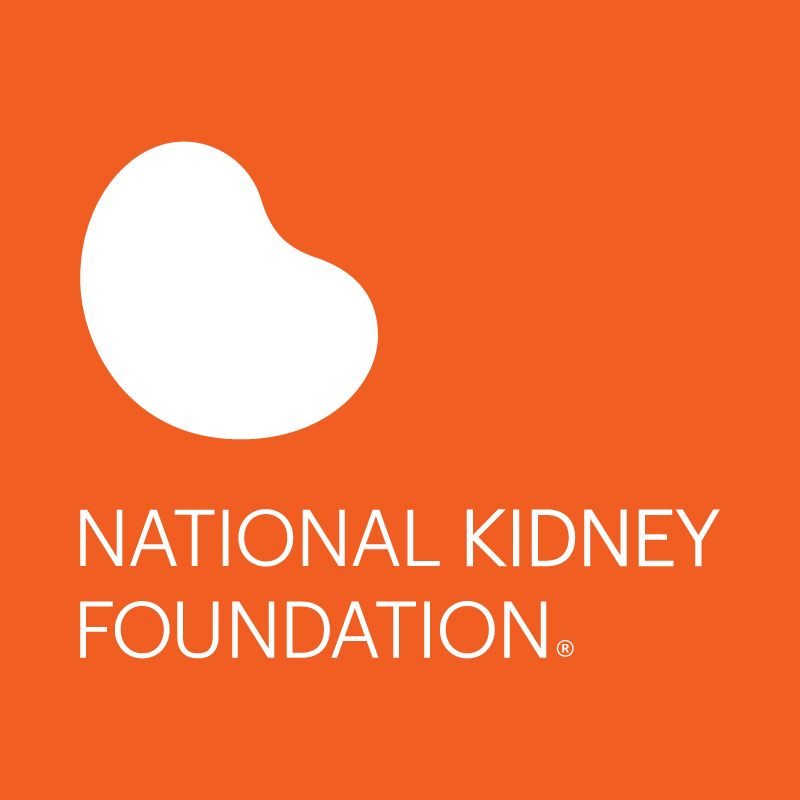National Kidney Foundation Publishes New Transplant Guidelines
The priorities established by a panel of experts are designed to improve efficacy and equity in kidney research and care.

The National Kidney Foundation (NKF) released a position paper Tuesday detailing a path for research and innovation for kidney transplant access, organ availability, and long-term allograft survival in the US.
The paper was developed by 16 experts in nephrology from 13 different institutions.
Despite recent ambitions involving the development of kidney care, nearly 100,000 people are still on the waitlist for a kidney transplant. Only 22,817 patients in the US received a kidney transplant in 2020.
The foundation noted that the 7 new priorities that were detailed in the position paper were initiated in a recent roundtable meeting between nephrologists, surgeons, NKF leadership, and patients that took place in December 2019.
One of the leading authors, Krista L. Lentine, MD, PhD, Saint Louis University Center for Abdominal Transplantation, spoke on the importance of adhering to the priorities presented in the paper.
“Addressing the priorities outlined in this research agenda has the potential to transform kidney patient care by expanding opportunities for safe living donation, improving waitlist access and transplant readiness, maximizing use of available deceased donor organs, and extending graft longevity,” Lentine said.
The 7 key priorities were as followed:
- Expand living-donor kidney transplantation
- Improve management and readiness of the kidney waitlist
- Reduce the number of kidneys removed for transplant but never used
- Increase organ acceptance using novel technology
- Preserve, resuscitate, or evaluate kidney allografts before implantation
- Sustain one transplant for life
- Optimize transplantation for pediatric recipients
Additionally, recommended research targets related to the key challenges within the 7 priorities were established, and included educational interventions, decision science, molecular diagnostics, artificial intelligence (AI) and clinical trials.
A recent position statement published by the American Journal of Kidney Diseases called the agenda “ambitious” and noted that it would promote greater equity and efficacy in the world of kidney care through educating clinicians and patients alike.
“These recommendations will help frame our research and funding initiatives to accelerate innovation and create the solutions we need to make transplantation a reality for all,” co-author and NKF Chief Executive Officer Kevin Longino said.